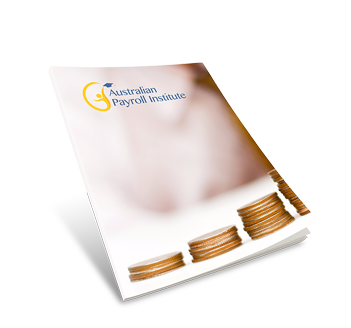Derek Bok, a US educator and lawyer once famously said “If you think education is expensive, try ignorance.”
How true this is in payroll. With fines for non compliance from multiple agencies, not being across payroll regulation, legislation and processes can be an expensive mistake indeed.
But training is a very unregulated market. Anyone can write and deliver a training course. So here are five things you should consider when choosing to get educated in payroll.
- Australian Qualifications Framework
Firstly, there is a difference between training and formal qualifications. In Australia, the way to determine this is to consult the Australian Qualifications Framework or AQF. The AQF is a government body responsible for all post compulsory education in Australia. So everything from a Certificate I, to a Diploma, to a Bachelor Degree to a PhD. By ensuring the qualification you undertake is nationally recognized as part of the AQF, you know that it has passed rigorous quality standards in its development. - Competency based
You’d be unlikely to visit a health professional that had just read about the procedure you are about to undertake, or engage a tradesperson who had learnt their trade by reading a manual.As such, you’d also have justified concerns about employing a payroll professional that had read the theory, but not put it into practice. In all qualifications it’s essential that they are competency based as opposed to theory based. We can all memorise what is required to do a termination pay, but if you aren’t competent in the things you need to complete to calculate one, I’m not convinced it will be paid accurately. - Career pathway
What does it mean for your career to gain the qualification? Is there a recognised career pathway? Are qualified professionals paid more than non-qualified practitioners?For example, we are working towards having our Diploma of Payroll Management as a pathway for the first year of a three year Bachelor of Applied Management. - Experienced RTO
Not all qualifications are the same, even if they are all part of the AQF. Ensure you do some research on the RTO that is assessing the qualification. They need to have experienced trainers in the subject matter that they are teaching. If an RTO gets a poor reputation that can be associated with the graduates of their programs. This is one of the reasons we are very proud that TAFE have picked up our payroll qualifications. To be recognised by such an experienced education organization just makes our qualifications stronger in the market. - Operational vs management
Finally, make sure you are choosing the right qualification to suit your employment needs. There’s little point for example in completing a Management Diploma if what you really need is to be competent in the operational delivery of a process. And the reverse is also true.
Training and education is expensive, so it’s very important to ensure you are getting value from the qualifications you choose. Calculate a return on investment based on risk mitigation and other criteria. And then watch your payroll career soar.

